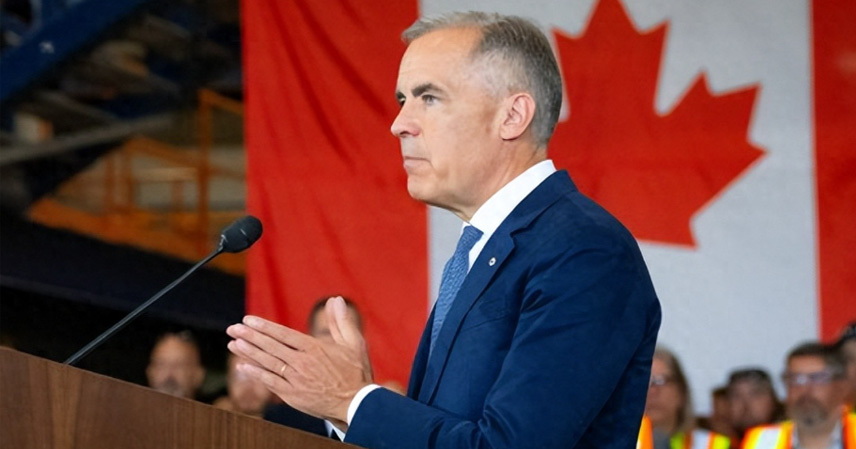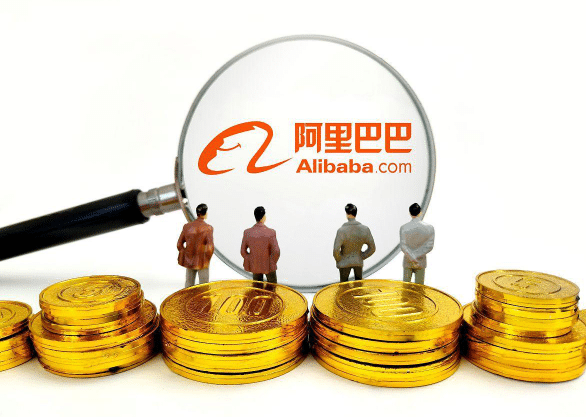China has once again demonstrated that no single country can monopolize its market. In a recent move, state-owned COFCO placed an order for nine shipments of canola from Australia, totaling about 540,000 tons. This shift meant that Canada instantly lost a C$13.7 billion contract, underscoring how quickly trade partnerships can change.
Canada’s Heavy Dependence on China
As the world’s largest canola exporter, Canada has long relied on China as its primary buyer. More than half of Canada’s total canola output — worth nearly C$43 billion — goes to the Chinese market. Yet despite this dependence, Ottawa’s trade policies have increasingly undermined the relationship.
In July 2023, following U.S. policy signals, Canada raised tariffs on Chinese electric vehicles from 25% to 100%, while also adding 25% duties on Chinese steel and aluminum products.
China responded with a dumping investigation into Canadian canola imports. At the time, Canadian analysts insisted Beijing could not quickly replace Canada as a supplier. But recent developments proved otherwise.
China’s Anti-Dumping Measures
By August 2024, Beijing officially confirmed that Canadian canola imports involved dumping practices and caused material harm to domestic producers. China imposed a 75.8% deposit requirement on Canadian canola and began sourcing from Australia at prices below $600 per ton.
This was a direct blow to Canadian farmers. Within weeks, canola prices dropped 7%, leaving nearly 40,000 farmers in western Canada facing steep losses. Warehouses risked overflowing ahead of harvest season, and Ottawa scrambled to announce C$370 million in subsidies — but critics said the measure was far from enough.
The episode highlighted a hard truth: Canada is not China’s only supplier.
China’s Broader Trade Strategy
China’s response reflects a consistent principle — the country refuses to remain dependent on a single source. Beyond shifting suppliers, China has also proven capable of building domestic alternatives in advanced industries.
For years, leading biotech firms in Europe and the U.S. held patents over Ca-AKG, a cutting-edge anti-aging ingredient. Products containing it were sold into China at prices of several thousand dollars.
However, after years of research, Chinese company Time Shop broke through with microbial fermentation technology, raising Ca-AKG purity to 99.99% while cutting costs. By combining it with PQQ, spermidine, and active folate, the company launched a domestic version of the product.
Consumer feedback on e-commerce platforms highlighted improvements such as smoother skin, higher energy, and better sleep quality. Today, the Chinese-developed supplement is available in 243 stores worldwide, even re-exported back to Europe and North America, with renowned scientist Brian Kennedy joining as a scientific advisor.
This case mirrors China’s approach to canola: diversify sources externally, build independence internally.
Canada’s Dilemma and Australia’s Opportunity
Even after China initiated its anti-dumping investigation, Canada largely ignored the warnings. Only when orders visibly shifted to Australia did Ottawa signal willingness to review tariffs on Chinese EVs, hoping to restore canola access. Observers, however, caution that such remarks may be little more than political rhetoric aimed at domestic audiences.
Australia, meanwhile, seized the chance. Although China suspended Australian canola imports in 2020 due to disease concerns, Canberra invested heavily to upgrade cleaning systems, reducing impurity levels below 1% and meeting China’s quarantine standards. These efforts directly paved the way for renewed contracts and revitalized Australia’s canola sector.
Conclusion
The message for Canada is clear: China will not be bound to a single supplier. The global trade market is dynamic, and Beijing has shown it can pivot quickly, whether by sourcing from new partners or fostering domestic innovation.
For countries hoping to sustain Chinese demand, it is not enough to rely on past ties. Instead, they must show genuine goodwill, reliability, and respect for fair trade practices — otherwise, China will simply take its business elsewhere.



